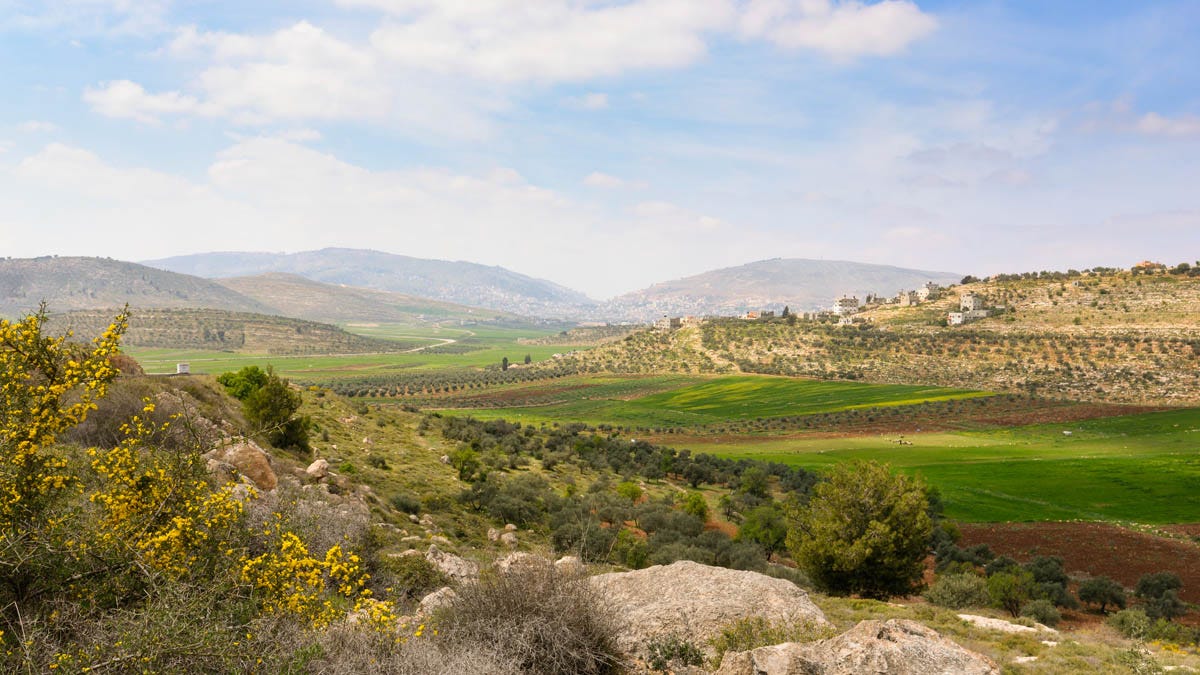Baruch Hashem, Amen, Halleluyah and other Doxological Terms
A thought on Parashas Ki Savo
Nobody likes small talk, especially elevator small talk, but it is better than awkward silence. A few days ago on my way home, I was accompanied in the elevator by a neighbor of mine. We chose to go the small talk route and with the initial ‘how are you’s’ and the default response ‘Baruch Hashem’, when my neighbor shared an amazing insight. As Jews, we are so lucky we can say Baruch Hashem, imagine the non-Jews, they say ‘nothing much’ or when they have a problem the response is ‘that should be the worst of your problems.’ We get to say Baruch Hashem. Whatever is happening in our lives - we can say Baruch Hashem.
Another word that we Jews say a lot is Amen. Of the more powerful memories of my time in yeshiva, was the davening on Rosh Hashanah and Yom Kippur. It is during these tefillos that the words that we say daily, take on extra wings. The energy it carries forth with, is much stronger than the rest of the year. In particular, is the word Amen. I have long wondered why the word …




